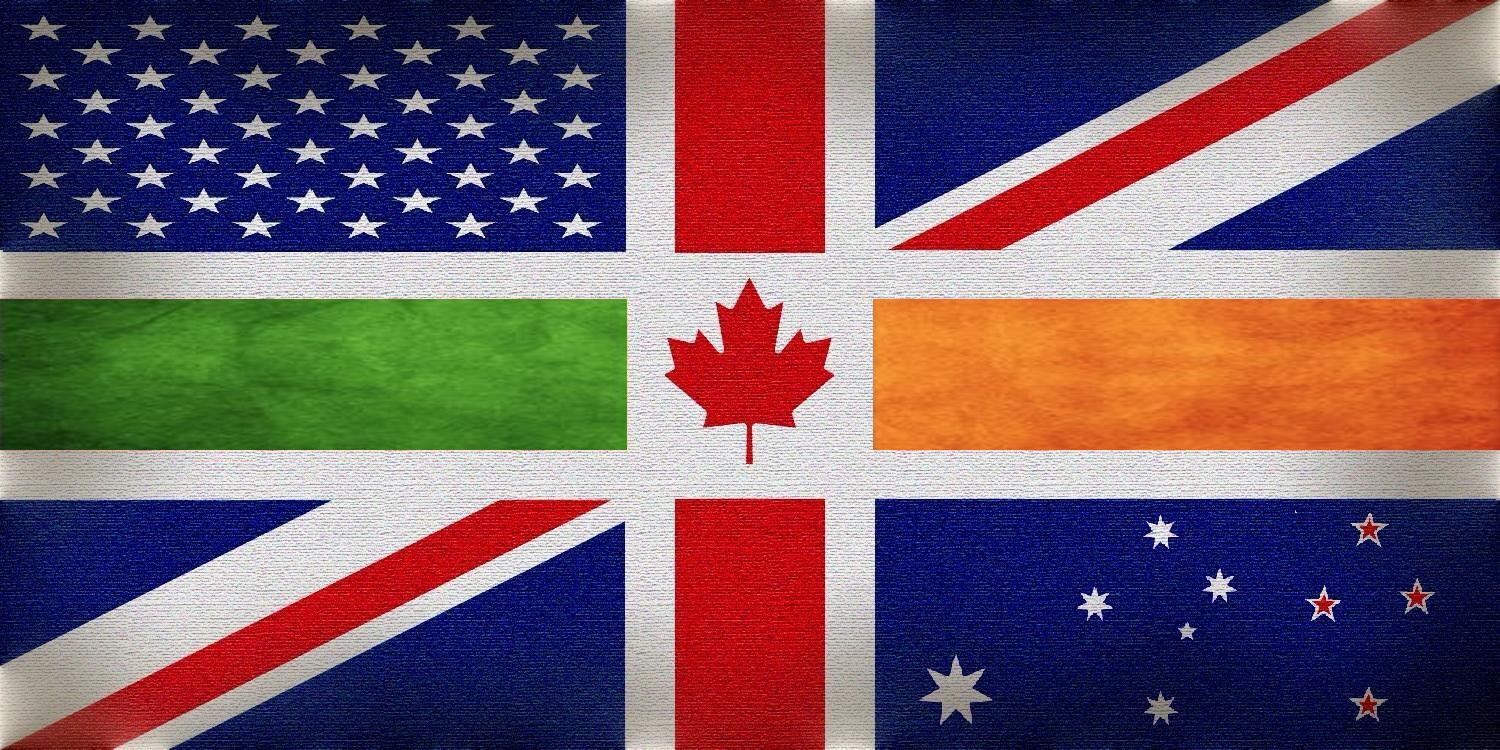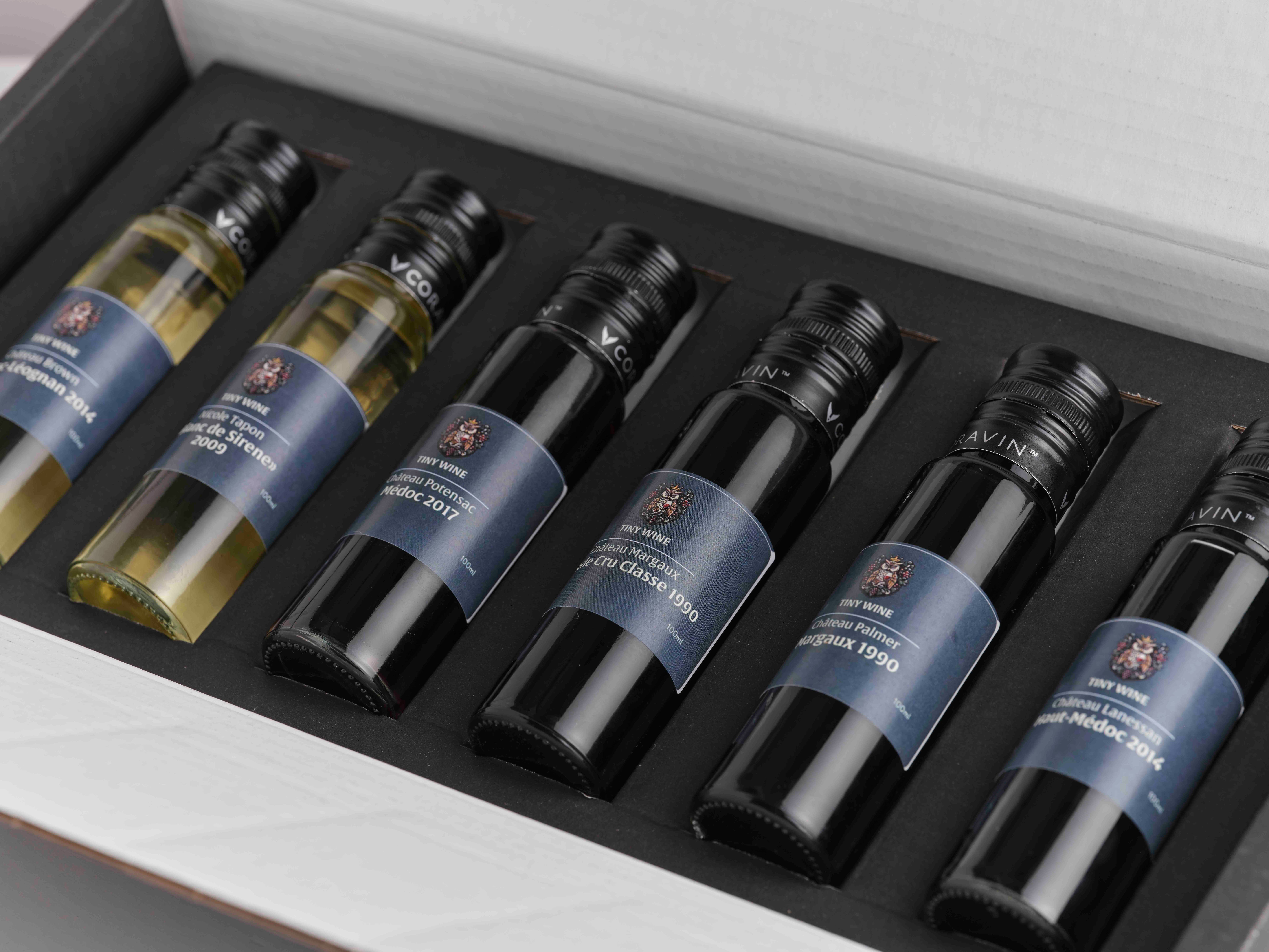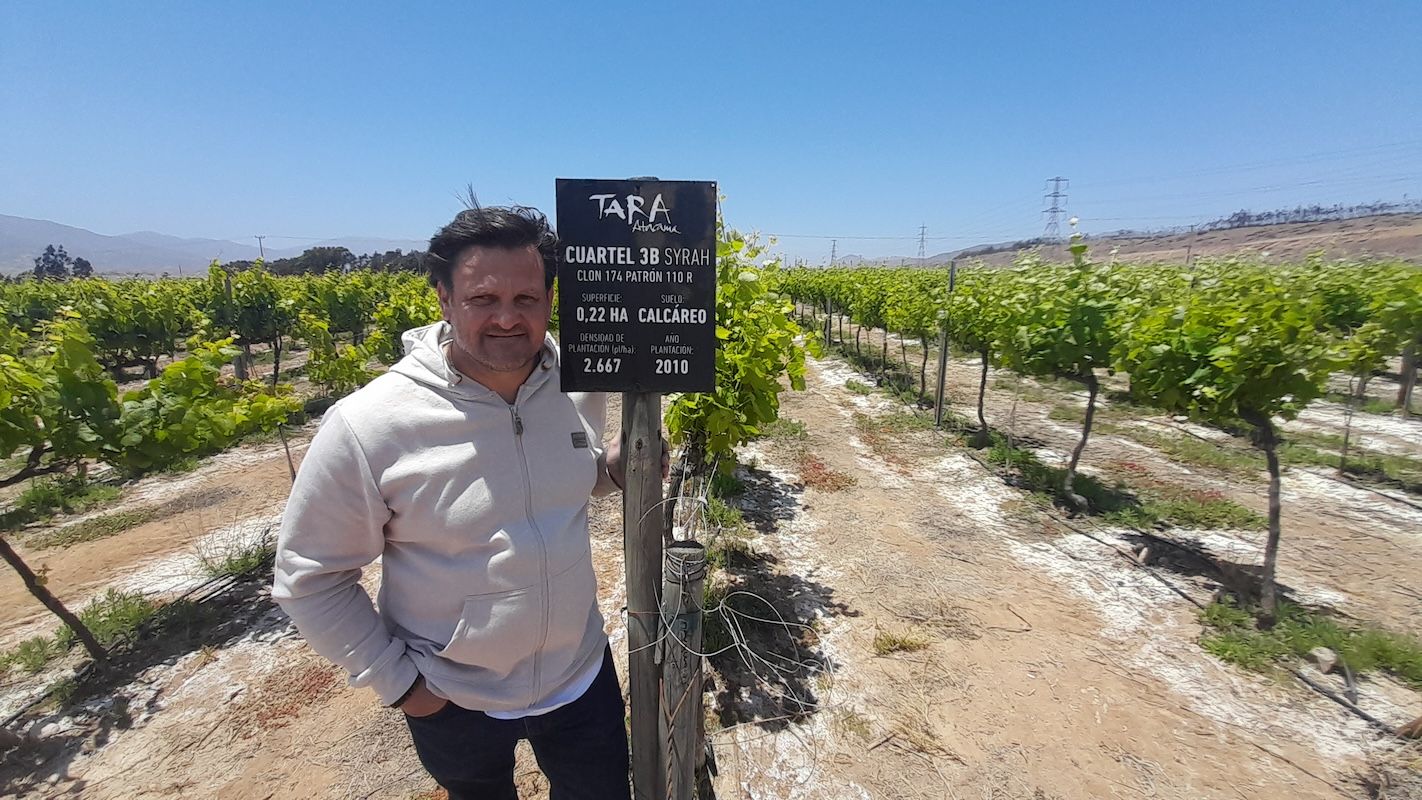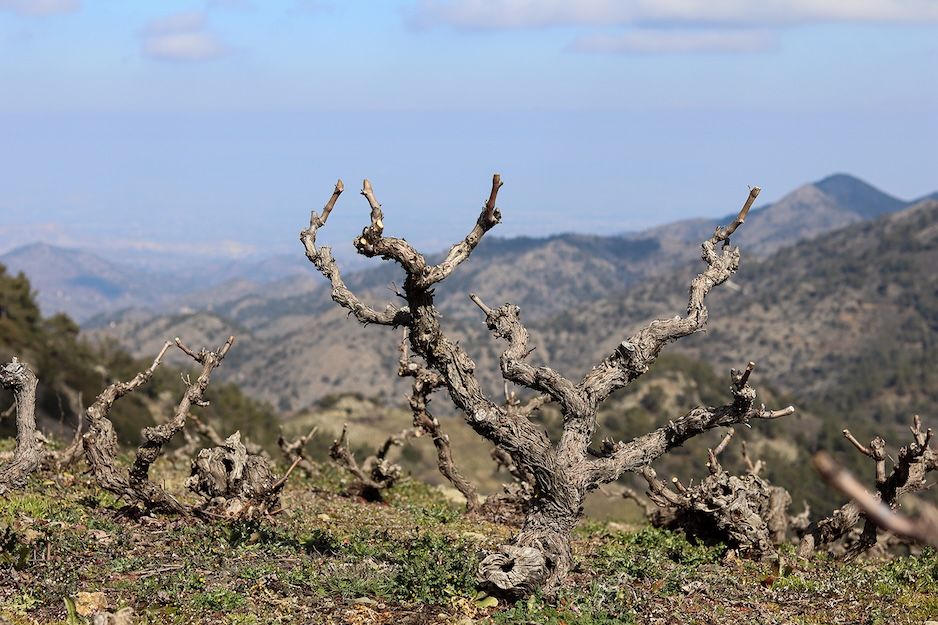There is no need for us to sit around waiting for Article 50 to be implemented. Our global wine bodies are already taking steps to prepare for Brexit long before it happens.
For all the sound and fury about the UK’s vote to leave the European Union, the underlying issue behind that decision really lies in people’s confidence, or lack of it, in the ability of politicians, bureaucrats and civil servants from different countries to find a way to work to together for the common good.
Whether you think the idea of Brexit is a good or bad thing, and the latter are hard to find in the international wine industry, most would agree that the EU as a whole is not the most efficient organisation, whether you believe in it or not. The fact it moves lock, stock and barrel between Brussels and Strasbourg every month is hardly an example of collective good thinking.
So news that, behind the scenes, the world of wine has its own mini version of an EU – or UN – with representatives from leading wine countries around the world looking to find ways they can all work more effectively together, does not fill you with confidence either.
Well think again. As UK and European politicians jostle for position, teasing each other about their potential negotiation strategies, before a ball is technically kicked, our own wine negotiators have been quietly, but surely, making strides in setting up trade agreements of our own.
It’s all the work of FIVS and the World Wine Trade Group (WWTG) . No me neither. At least not until I heard of their recent conferences in Ottawa. FIVS is a worldwide federation set up to serve the long term interests of the wine, beer and spirits sectors while WWTG is an informal organisation of government and industry representatives from Argentina, Australia, Canada, Chile, Georgia, New Zealand, South Africa and the US. Both considered how trading agreements might look once the UK leaves the EU.
It is also a fascinating and illuminating way that modern politics now works. Whilst government ministers and officials can’t formally start any post Brexit trade agreements between the UK and countries both inside and outside the EU, there is nothing to stop very capable members of those countries trade associations to work out deals well before that time comes.
Deals that can then be put forward to their respective governments as a possible way forward, leaving already stressed public officials with one less trade agreement to negotiate.
Too good to be true?
It does sound a little too good to be true, but with the price of wine (and beer and spirits) bobbing around like a dinghy in a wild storm, it is in the collective interest of all wine countries to find a way they can work together and with individual trade agreements.
There is also a lot to be gained. Currently most non EU wine countries pay tariffs to send their wine to the EU. If the UK is outside the EU then those tariffs are no longer valid and they are free to set up new trade agreements instead.
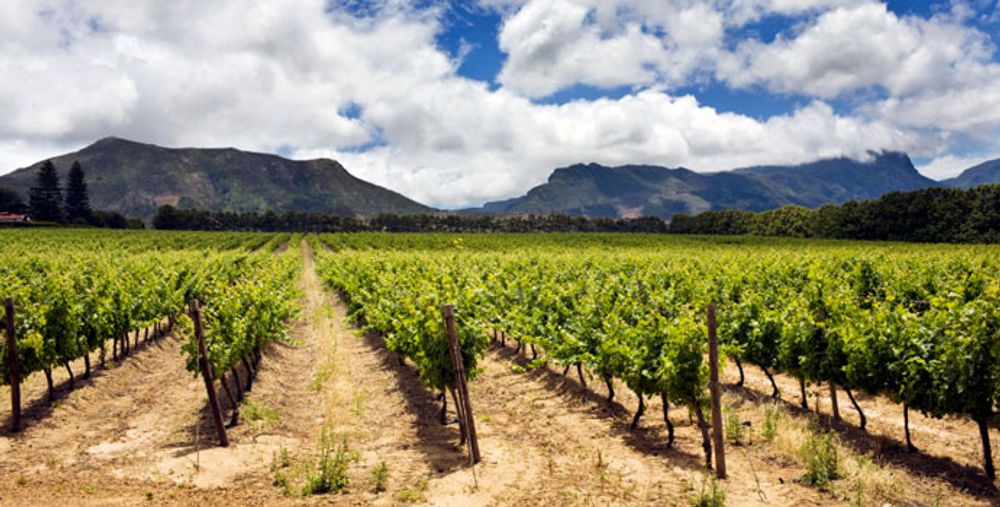
South Africa already enjoys a unique trade deal with the EU
Chile and South Africa, through the South African Development Community, are currently the only two countries who are either completely free or nearly free of tariffs.
Otherwise Australia, Canada, US, New Zealand and Argentina are all subject to EU tariffs. Which sits at €32/100 litres sparkling wine, €13.10 for still wine up to 13% abv, €15.40 for still wine over 13% abv but up to 15% abv. A quarter of the tariff goes to the Treasury, and three quarters to the EU, according to the Wine & Spirit Trade Association.
So it was perhaps not that surprising that by the end of its Canadian conference FIVS’ World Wine Trade Group had agreed to press ahead “developing model trade agreements for wine which can then be incorporated into formal pacts between governments”.
At the heart of those discussions was the pressing need for the world’s wine industry to find a way to get through the potential mess of Brexit in the most effective way possible.
Simon Stannard, European affairs director of the UK’s Wine & Spirit Trade Associaton summed up the mood: “We have agreed to work together to develop a model agreement to ensure that Brexit does not disrupt the trade flow of wine and spirits in and out of the UK and looking to remove some of the restrictions the EU currently imposes on imported wines.”
UK’s strong position
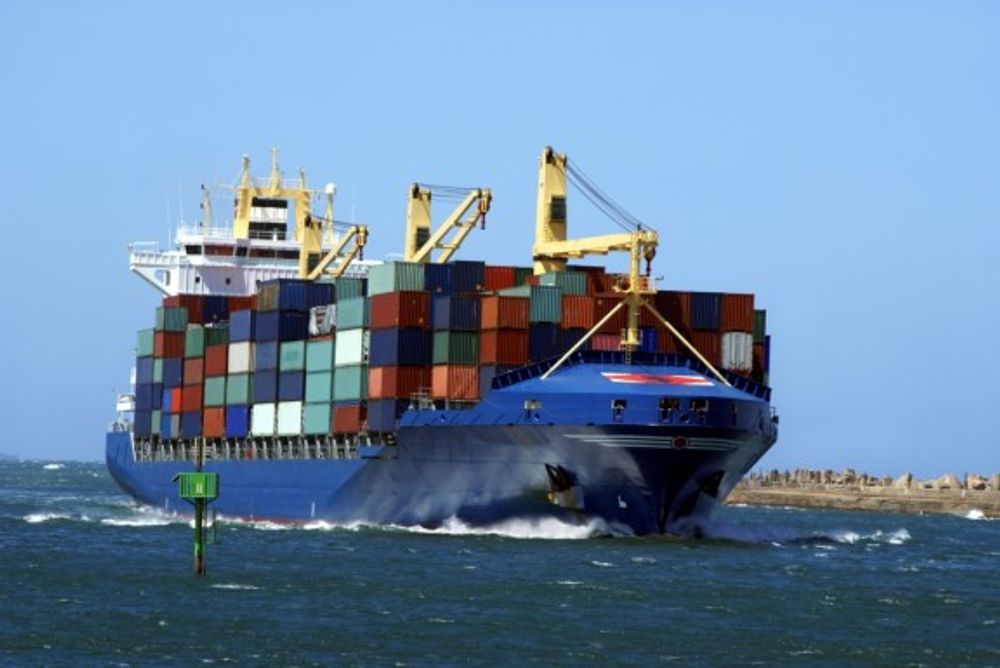
The UK is responsible for one in seven bottles of wine shipped around the world
It is also completely in the interests of the various wine countries to find a practical deal as the UK is responsible for taking one in seven bottles of wine shipped anywhere in the world. It’s also the second biggest importer of wine by volume and value in the world (Source: WSTA).
It is also a reflection of the pool of talent that lies across those wine negotiating tables, added Miles Beale, the WSTA’s chief executive.

The WSTA’s Miles Beale and his team are already busy on world wine trade deals
Beale is himself a former senior civil servant having served different government ministers. As are other members of his WSTA team and many of the colleagues from other complementary trade associations in other countries.
It means they are collectively well equipped and familiar in how governments’ work and will be able to draw up trade agreements that are fit for purpose for respective governments to take on and implement. The WSTA, for example, is already working closely with its Australian and New Zealand trade counterparts to produce a document both sides can agree on.
“We can effectively say we can do the work for you,” says Beale.
“This is a real opportunity for the (UK) government. If they are happy with our approach then they could have six to eight wine trade agreements already in place as soon as we leave the EU,” he adds.
It makes all the debate about Brexit a bit more palatable.
- This is an adapted article that first appeared on VINEX, the global trading site for bulk wine.
